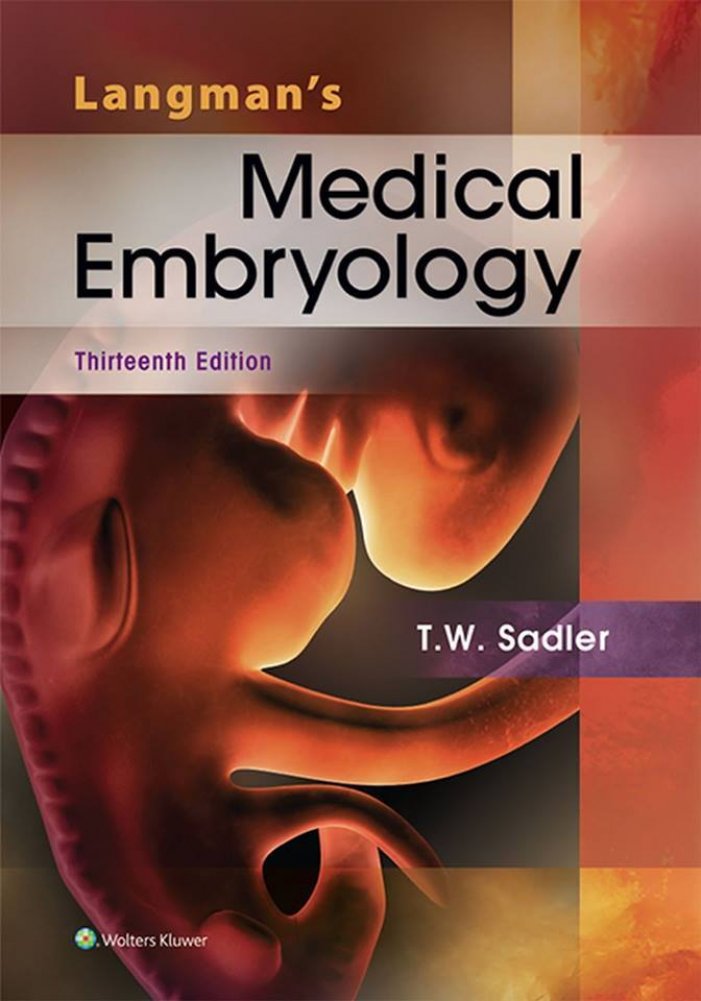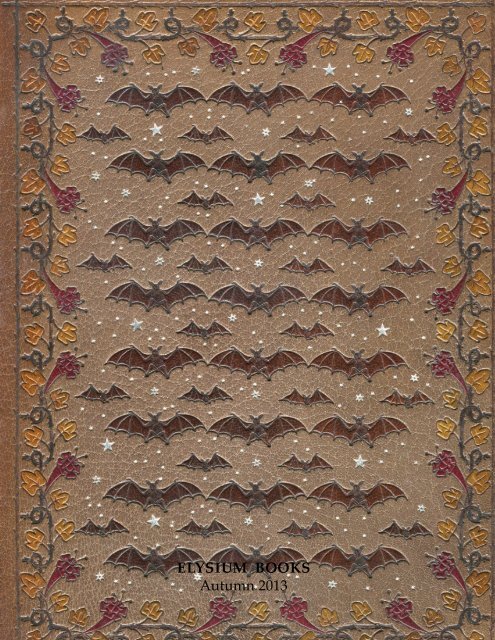
Eight were originally in Old French, six in Latin, five in English, two in Old Saxon, two in Old Icelandic, and one each in Catalan, Hebrew, Greek, and Arabic. They date from the sixth to the late- fifteenth century.

The texts included here from "The Middle Ages" attempt to convey that diversity. Cultures is put in the pluralĭeliberately, for there is a tendency, even on the part of medievalists, to think of the Middle Ages as a single culture epitomized by the Great Gothic cathedrals in which architecture, art, music, and liturgy seem to join in magnificent expressions of a unified faith - an approach one recent scholar has referred to as "cathedralism." Such a view overlooks the diversity of medieval cultures and the social, political, religious, economic, and technological changes that took place over this vastly long period. In the Renaissance, Chaucer was referred to as the "English Homer." Spenser called him the "well of English undefiled." Nevertheless, Chaucer and his contemporaries Gower, William Langland, and the Gawain poet - all writing in the latter third of the fourteenth century - are heirs to classical and medieval cultures that had been evolving for many centuries. English poets in the fifteenth and sixteenth centuries looked upon Chaucer and his contemporary John Gower as founders of English literature, as those who made English a language fit for cultivated readers. But when he began writing in the 1360s and 1370s, he turned directly to French and Italian models as well as to classical poets (especially Ovid). He read popular romances in Middle English, most of which derive from more sophisticated French and Italian sources. Chaucer was certainly familiar with poetry that had its roots in the Old English period. Stories about him and his knights originated in Celtic poems and tales and were adapted and greatly expanded in Latin chronicles and French romances even before Arthur became an English hero. And the legendary King Arthur was an international figure. Edward, the Prince of Wales, who took the king of France prisoner at the battle of Poitiers in 1356, had culturally more in common with his royal captive than with the common people of England. After the eleventh century, French became the dominant language of secular European literary culture. Latin was the language of the Church and of learning. The literary culture of the Middle Ages was far more international than national and was divided more by lines of class and audience than by language. If a King Arthur had actually lived, he would have spoken a Celtic language possibly still intelligible to native speakers of Middle Welsh but not to Middle English speakers. One of the results of the Norman Conquest was that the structure and vocabulary of the English language changed to such an extent that Chaucer, even if he had come across a manuscript of Old English poetry, would have experienced far more difficulty construing the language than with medieval Latin, French, or Italian.


Although written in the language called "Anglo-Saxon," the poem was claimed by Danish and German scholars as their earliest national epic before it came to be thought of as an "Old English" poem. There are no "English" characters in Beowulf, and English scholars and authors had no knowledge of the poem before it was discovered and edited in the nineteenth century. When did "English Literature" begin? Any answer to that question must be problematic, for the very concept of English literature is a construction of literary history, a concept that changed over time. In addition, for the Middle Ages, there is no one central movement or event such as the English Reformation, the Civil War, or the Restoration around which to organize a historical approach to the period. The morality play, Everyman, is dated "after 1485" and probably belongs to the early-sixteenth century. Caedmon's Hymn, the earliest English poem to survive as a text (NAEL 8, 1.2527), belongs to the latter part of the seventh century. The Middle Ages is like no other period in The Norton Anthology of English Literature in terms of the time span it covers. Middle Ages 1) Introduction to Middle Ages


 0 kommentar(er)
0 kommentar(er)
